The Bookwalker takes place in a world very much like our own, with the teensy difference that writers can not only conjure up entire worlds within books but travel into them and interact with their characters as if they were real people.
You play writer Etienne Quist, a writer serving a 30-year sentence (geddit?) of writer’s block for a mysterious crime. Etienne hopes to reduce his sentence by taking on “bookwalking” gigs, i.e. diving into various books to retrieve powerful items. For example, you’ll head into a fantasy world to swipe an Immortality Potion or venture into a gloomy robotic take on Norse mythology to get your hands on Mjolnir.
It’s a lot to get your head around and, perhaps sensibly, The Bookwalker isn’t concerned with how this metafictional situation has transformed the wider world. Outside of the books, the game takes place in first person inside your small apartment complex, which delivers just enough tiny clues as to what’s going on beyond your home to let you imagine life outside. But, rightly, the storytelling meat is delivered while book walking.
For this, you switch to an isometric view with 3D characters over pre-rendered backgrounds in a manner familiar to anyone who’s played a CRPG. Here you can interact with NPCs, though the focus is on light puzzling of the “get item A to unlock item B” variety. The story is prioritized over difficulty to the point where the game pretty much just tells you what to do next and the limited number of environments and interactable objects means you’ll solve most situations by brute force over brainpower.
Sprinkled onto that is very occasional turn-based combat. This is both extremely basic and ridiculously easy: the enemies’ next actions are always visible and as healing items are free to use without spending a turn you’ll only die if you mash your way through it without thinking. Given the focus elsewhere on character and dialogue, I wish combat had been jettisoned altogether in favour of talking your way out of encounters.
Gameplay wrinkles aside, The Bookwalker nails what it’s aiming for. The tone feels heavily inspired by Neil Gaiman, with Etienne’s otherworldly and omniscient presence inside stories reminiscent of Morpheus from The Sandman (the key art is also very Dave McKean-ish). There’s a smidge of Doctor Who in playing an alien-like character tossed in medias res into an ongoing situation and quietly sliding yourself into the story. This vibe is very much my jam and relatively rare in games, so the atmosphere alone kept me engaged throughout.
I also enjoyed the variety of books you’ll explore. There’s a focus on subversive allegorical sci-fi/fantasy and figuring out the bizarre new rules of each imaginative world is very rewarding. The nicest compliment I can pay is that each world could theoretically work as the basis for a real novel. The flip side of that is that each bookwalking excursion is short and limited, making you feel like you’re getting the CliffsNotes version rather than the book’s actual narrative, but this is an indie developer and money only goes so far.
Bubbling away under that is a debate on the morality of mistreating fictional characters: on one hand, these are just simulations of people whose lives conclude at “The End”, on the other they have complex inner lives and respond to pain and betrayal the same way as a “real person”. This is a relatively brief game (I beat it in six hours) and doesn’t really try to answer these metafictional quandaries, but at least it gives you a lot to think about beyond simply securing an item and moving on to the next bizarre world.
Other than the unnecessary combat there’s a smattering of other gripes. Targeting objects and NPCs to interact with can be unnecessarily finicky, requiring Etienne to approach them from a lot of different angles before you hit a tiny sweet spot. For the most part, this is just annoying, but the one time I came close to being stuck was simply not realizing that could interact with something until Etienne was positioned on one specific pixel.
The Bookwalker is also somewhat let down by its audio. Sadly there’s no voice-acting (dialogue is conveyed through Banjo-Kazooie-esque burbling), which I can only assume is another budgetary constraint. The story would only be elevated by hearing this dialogue delivered by talented voice actors and I wish there’d been the resources to make this happen. Who knows, if this is successful maybe there’s a market for “The Bookwalker: The Final Cut” that adds this in?
SUMMARY
Quibbles aside The Bookwalker is clearly a success. The story rests on a solid backbone of writing talent, the pre-rendered environments are crammed full of detail and, while the low difficulty may turn off some, it at least lets you focus thought on the characters and narrative rather than trying to puzzle out some arbitrary conundrum.
Ambition may have been constrained by budget here, but I hope The Bookwalker finds an audience so we can see what the developers can achieve with a little more money behind them.


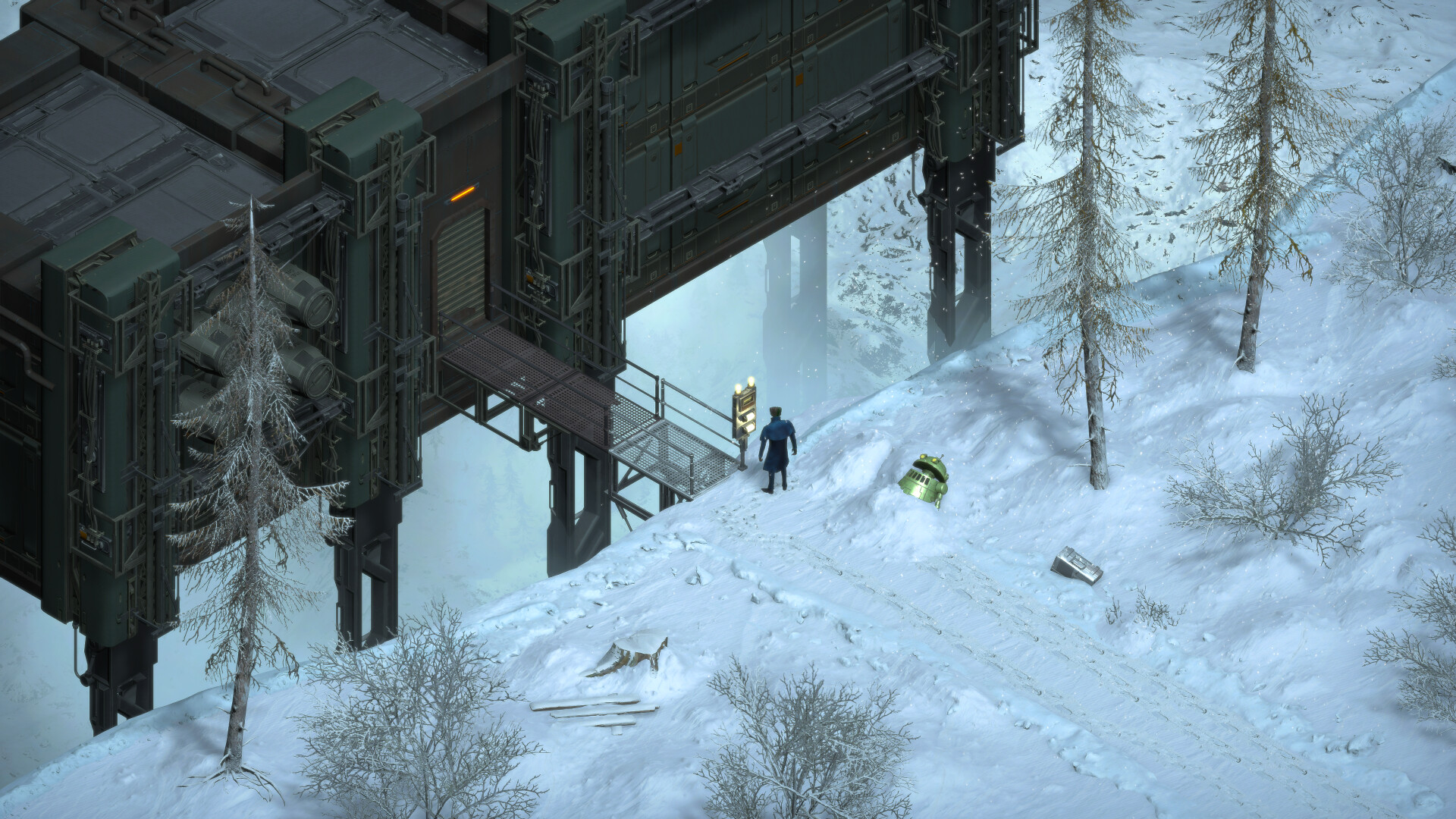
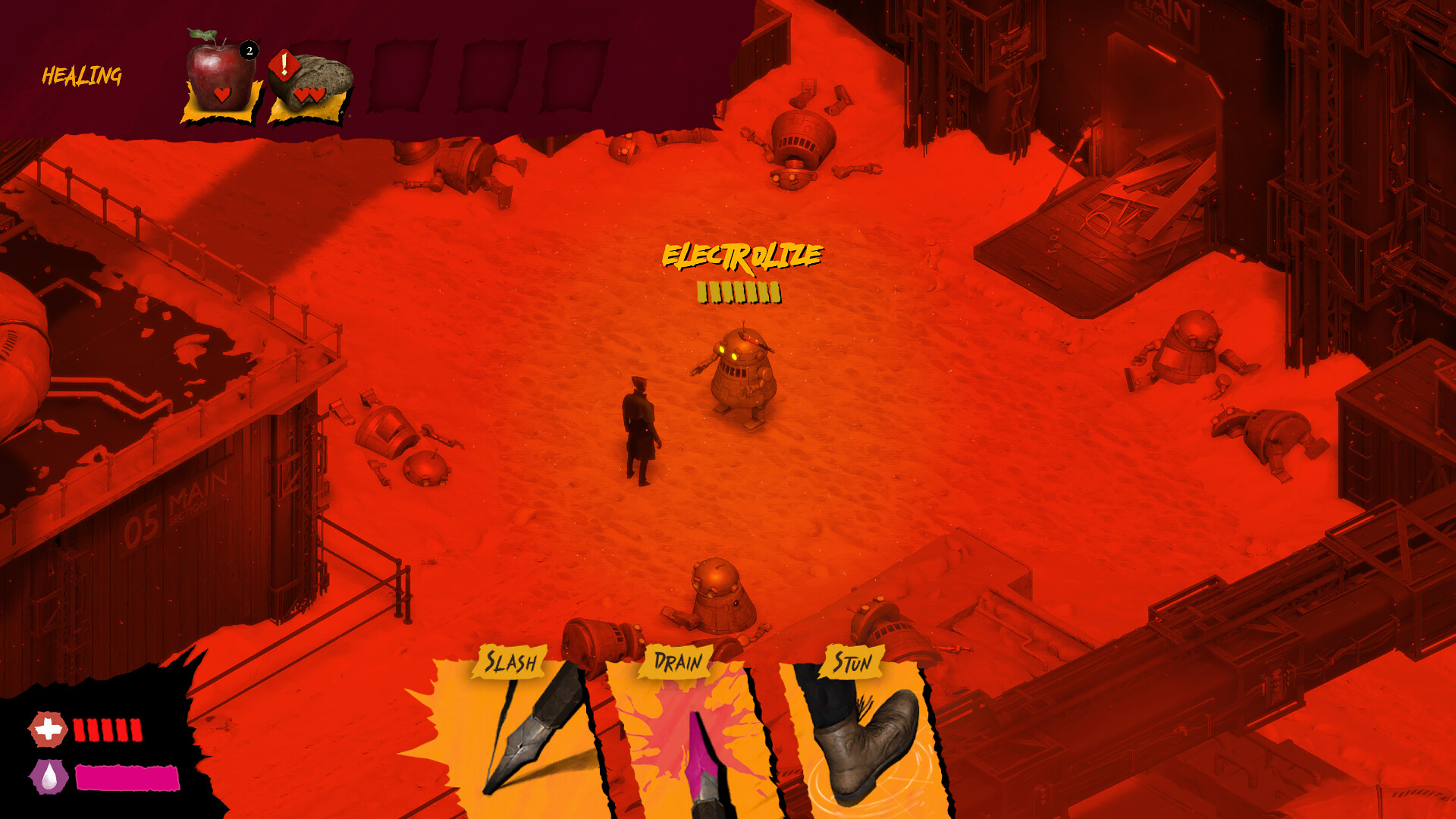
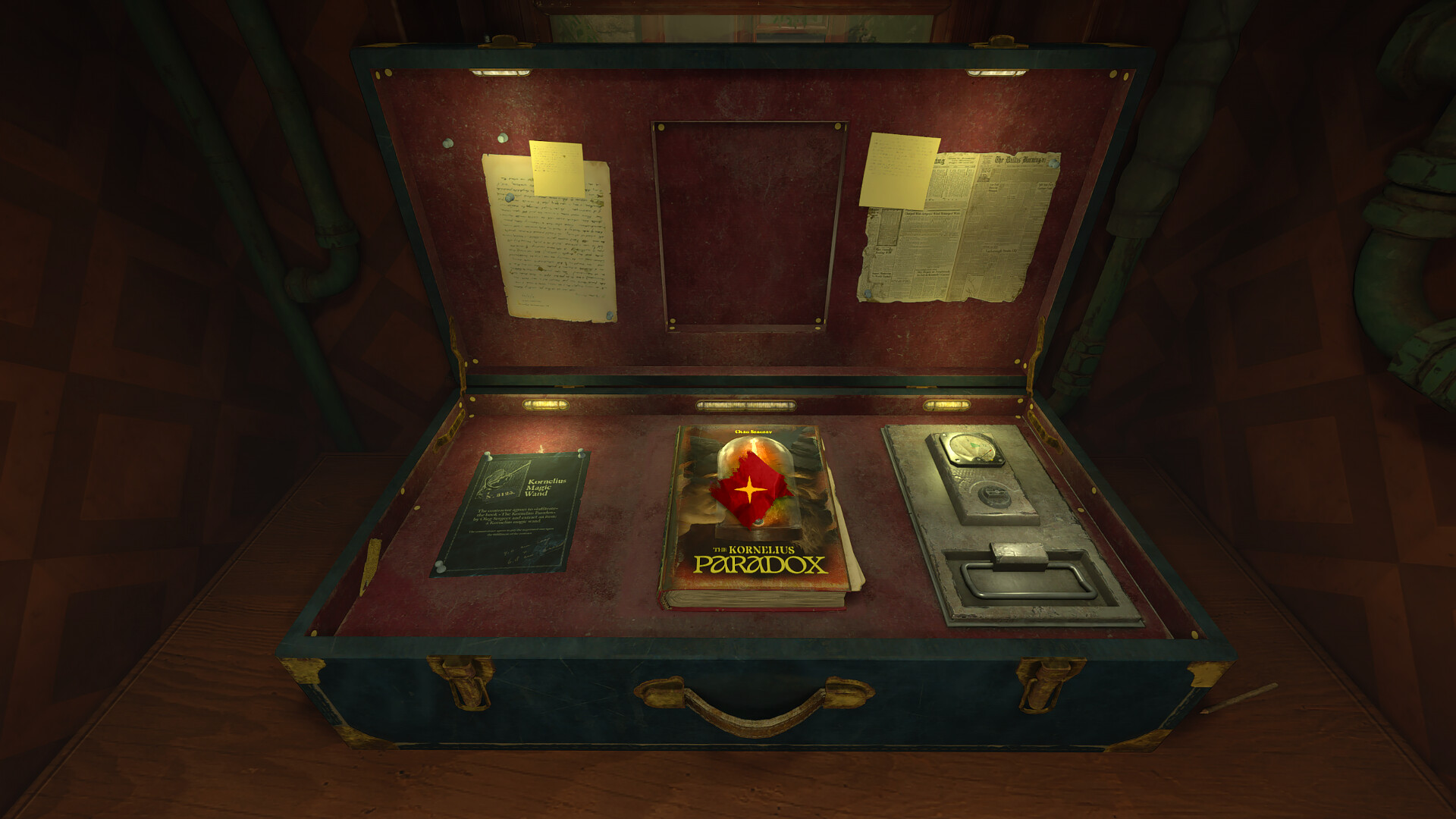
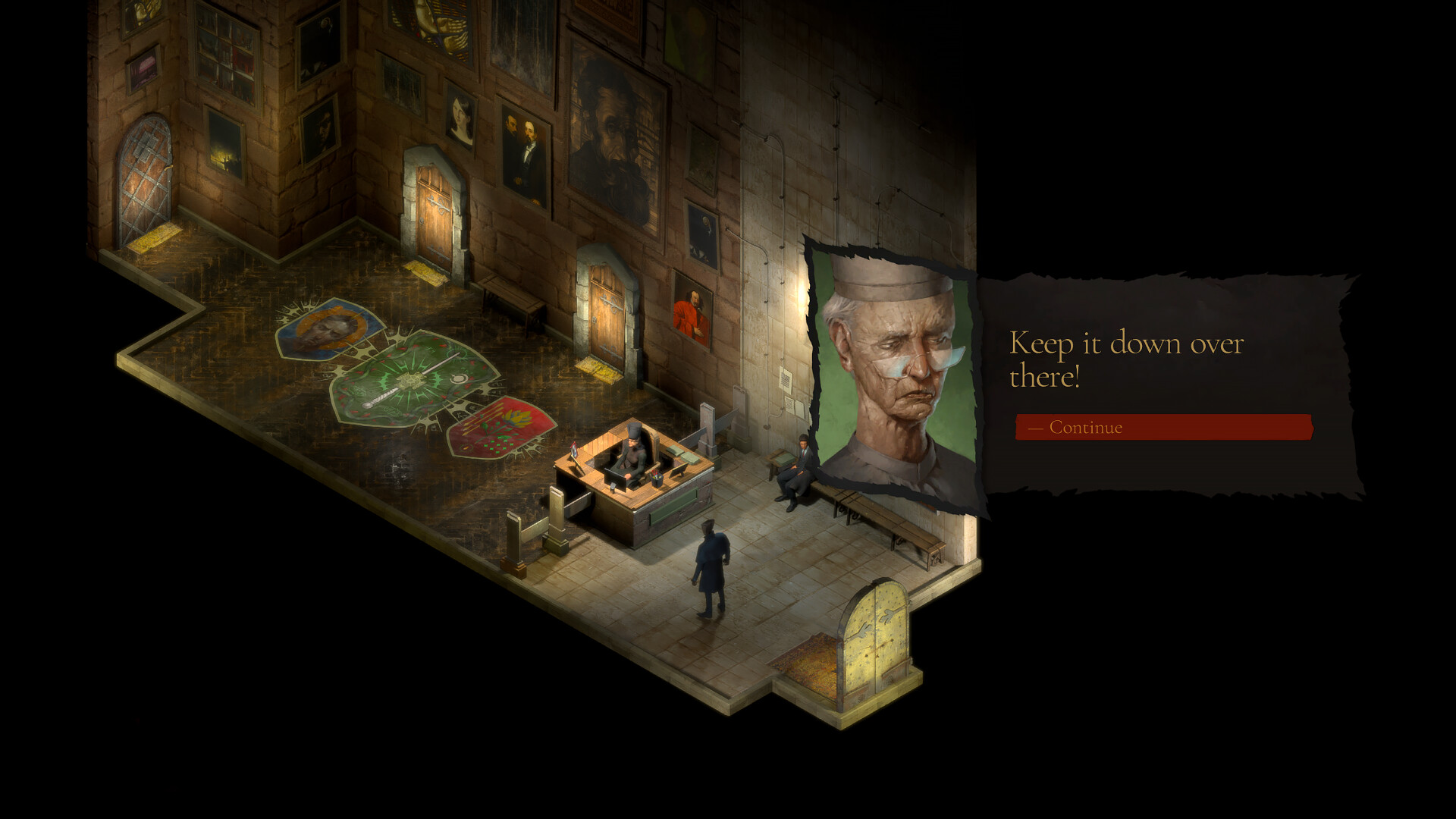
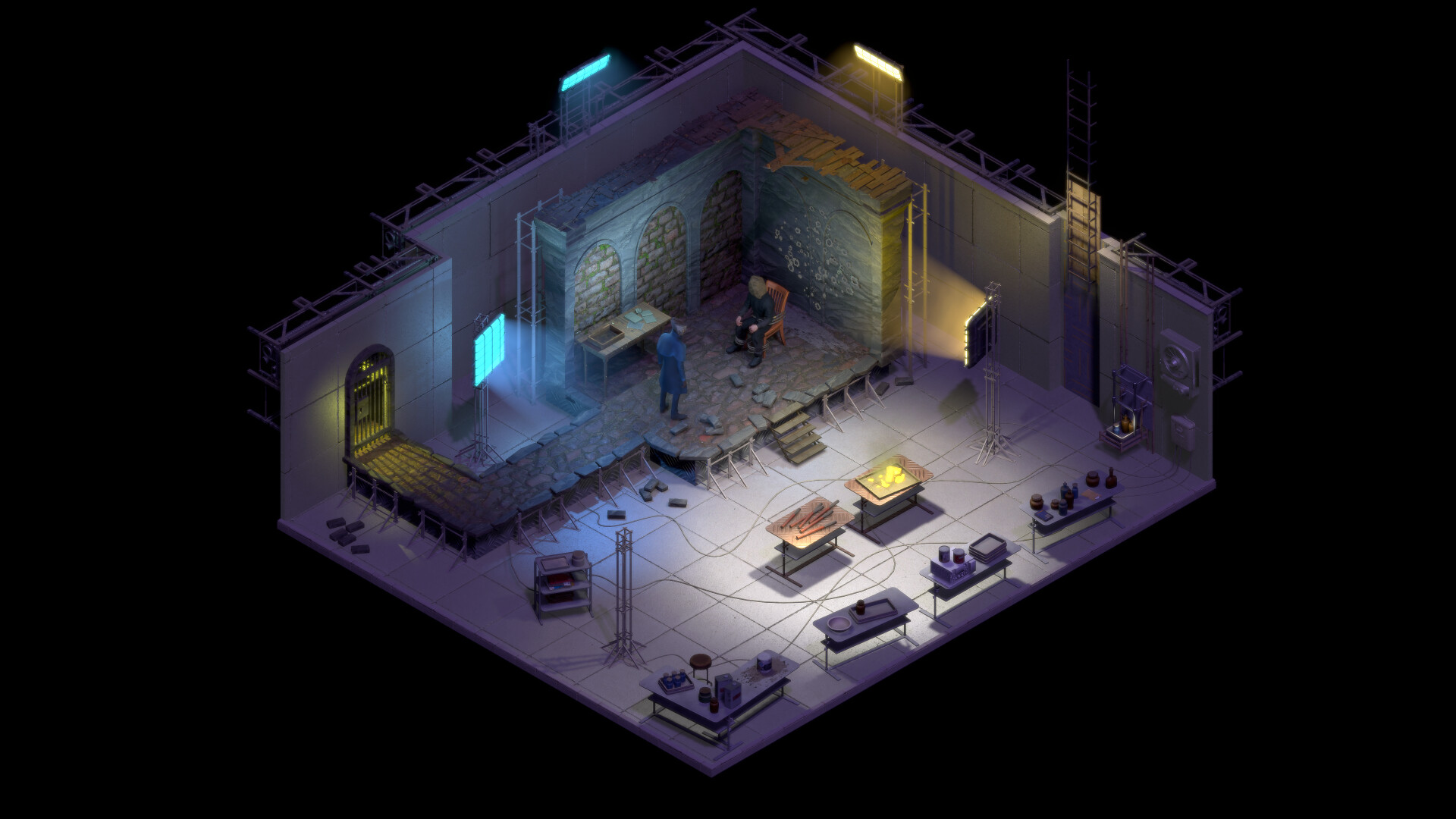

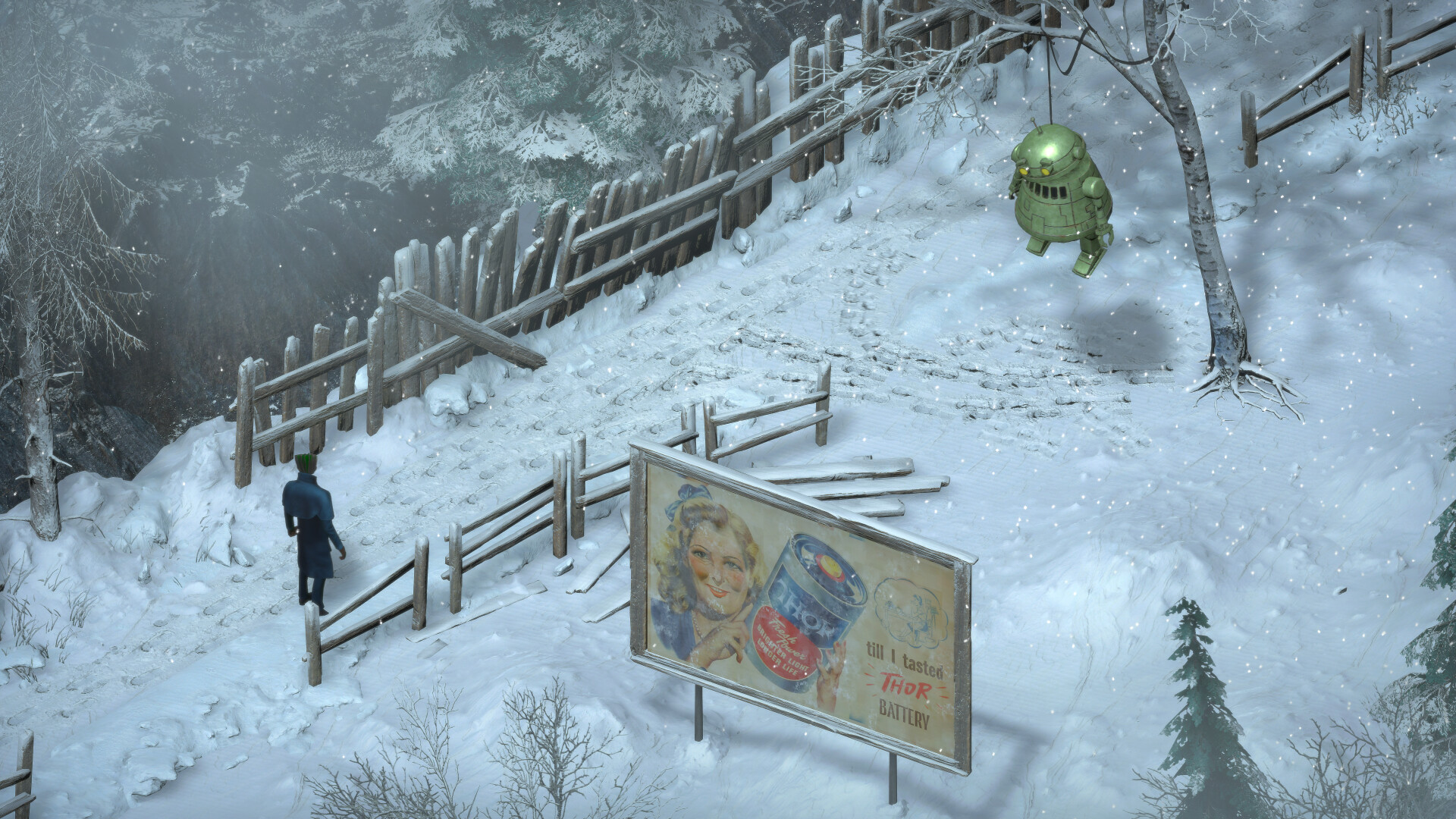
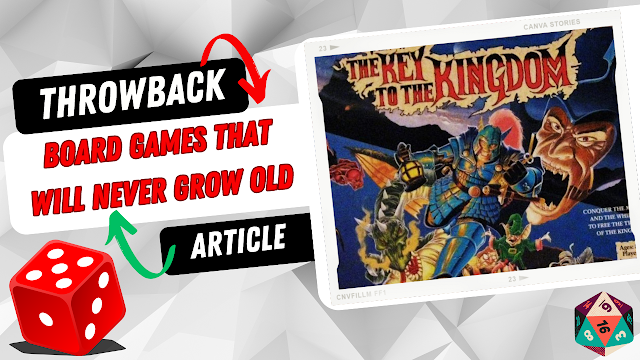


No comments:
Post a Comment
Like what you see in the Games Freezer?
Why not tell us what you think with a few well-chosen comments? :)